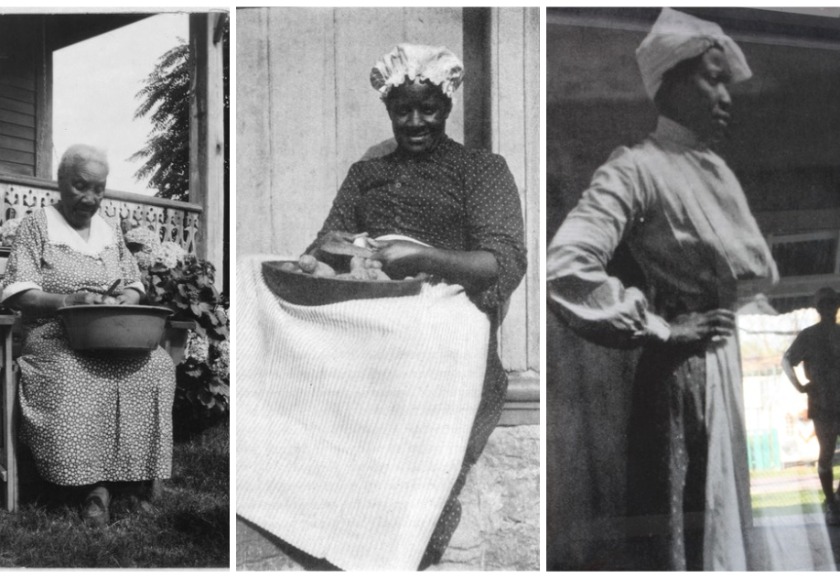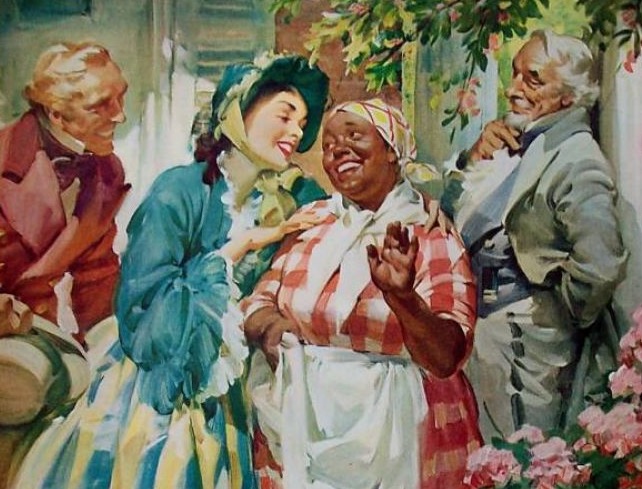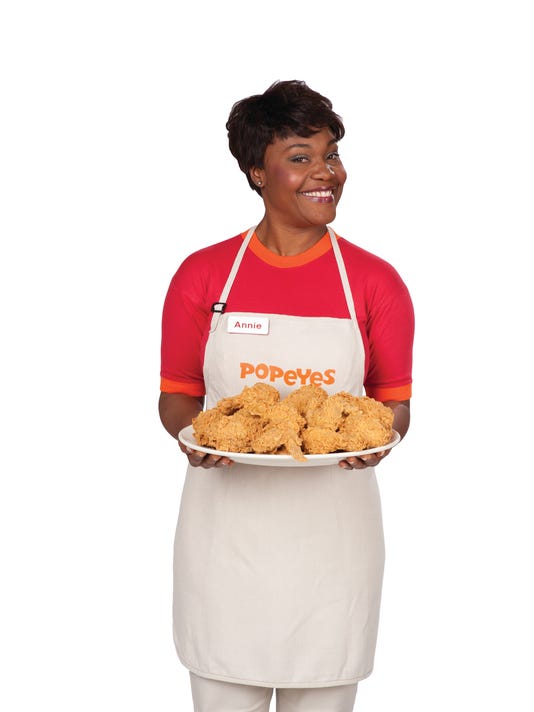- Joined
- Jun 26, 2012
- Messages
- 33,242
- Reaction score
- 49,388
Far too late OP
https://forums.sherdog.com/threads/product-cancel-thread-breakfast-as-we-know-it-is-over.4115171/
Uncle Bens, Mrs. Butersworth, and Cream of Wheat guy have also been slain
https://forums.sherdog.com/threads/product-cancel-thread-breakfast-as-we-know-it-is-over.4115171/
Uncle Bens, Mrs. Butersworth, and Cream of Wheat guy have also been slain









